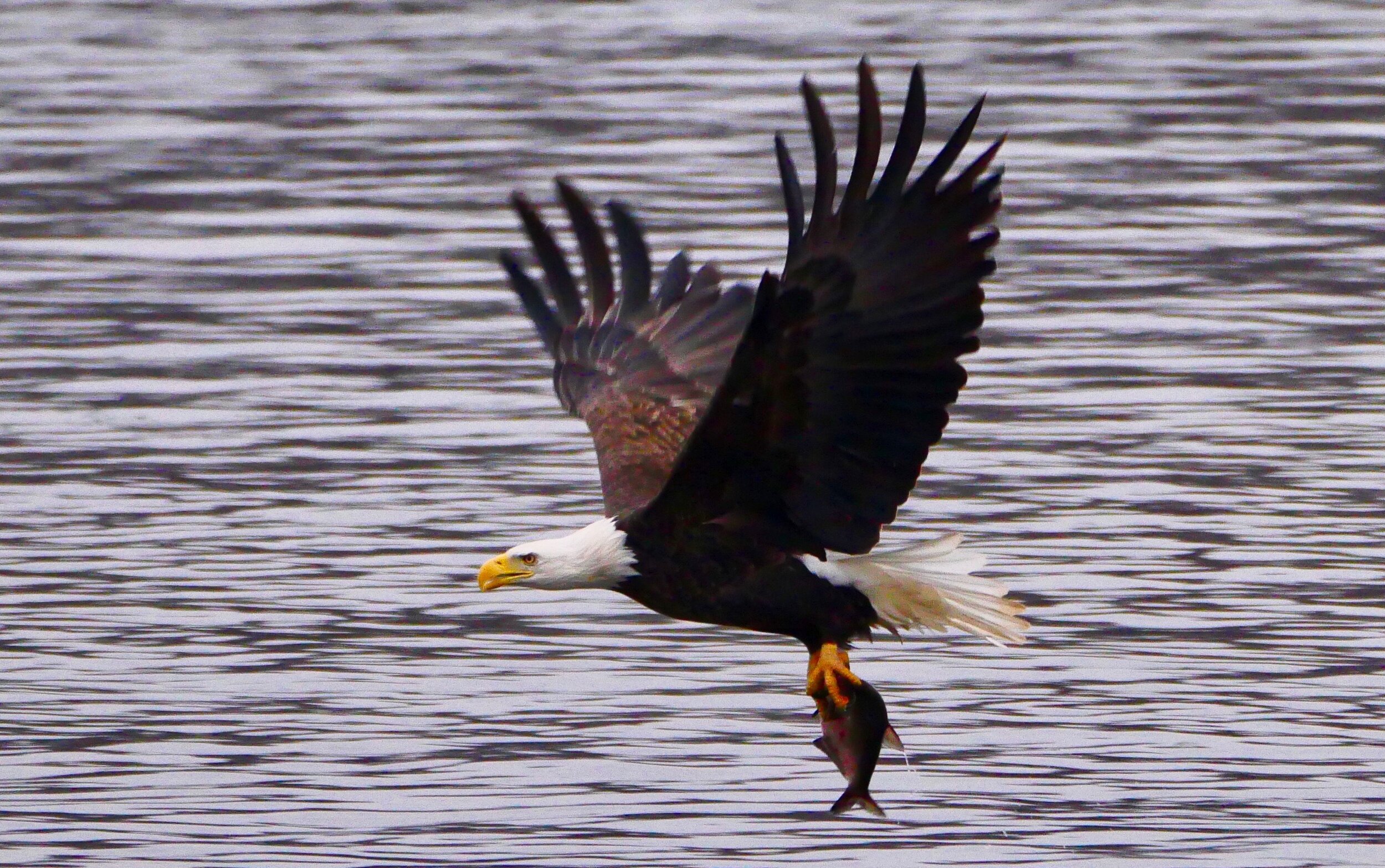
CONTACT US
Photo: Patricia Andersen
Contact us at: thorncreekaudubon@gmail.com
Find an Injured Wild Bird?
Before rescuing a bird that appears injured or abandoned, check with an area group that has trained experts who can help you decide if the bird needs help and how to do it safely so you don't endanger yourself or the bird.
A good resource is Chicago Bird Collision Monitors, an all volunteer bird conservation project that operates under the auspices of the Chicago Audubon Society. If you find an injured bird, you can call the CBCM hotline at 733-988-1867 for advice. For more information: www.birdmonitors.net.
Other organizations in the surrounding area include:
Flint Creek Wildlife Rehabilitation
(Cook and Lake Counties, IL)
847-842-8000
www.flintcreekwildlife.org
Anderson Humane Wildlife Center formerly Fox Valley Wildlife Center
(Kane County)
630-365-3800
https://ahconnects.org/ at the top select Wildlife
Willowbrook Wildlife Center
(DuPage County)
630-942-6200
www.dupageforest.org/willowbrook-wildlife-center
For small mammal rehab
Julia’s Wildlife Rehab - Illinois Licensed Rehabber
(Monee area)
224-388-1409
Facebook page
+ In addition, the Illinois Department of Natural Resources and the Indiana Department of Natural Resources issue permits to individuals qualified to rehabilitate wild birds:
Find a Wild Bird Entangled in Fishing Line?
Detailed advice from Chicago Bird Collison Monitors on how to help a bird you find trapped or tangled in fishing line, string, or netting is available at: www.birdmonitors.net/Entanglement.php
Guidelines for Ethical Birding
We're sharing these guidelines to help raise awareness of the practices birders should follow so the enjoyment of birding doesn’t diminish a bird's ability to survive and thrive.
General Guidance Established by the ABA
If you haven’t read the American Birding Association’s guidelines to protect birds by using caution and restraint, please take a few minutes to become familiar with the practices all birders should take to heart.
Bird Photography
National Audubon says it best: The most important rule of bird photography? Do no harm. Learn best practices for being a responsible photographer who always puts birds and their habitats first.
Special Considerations for Owls
Owls are among the species especially vulnerable to being unintentionally harmed by birding activities. Be sure your desire to see these delightful creatures doesn’t interfere with their hunt for food or stress them into abandoning a nest.
Photo: Gregory Hejnar



